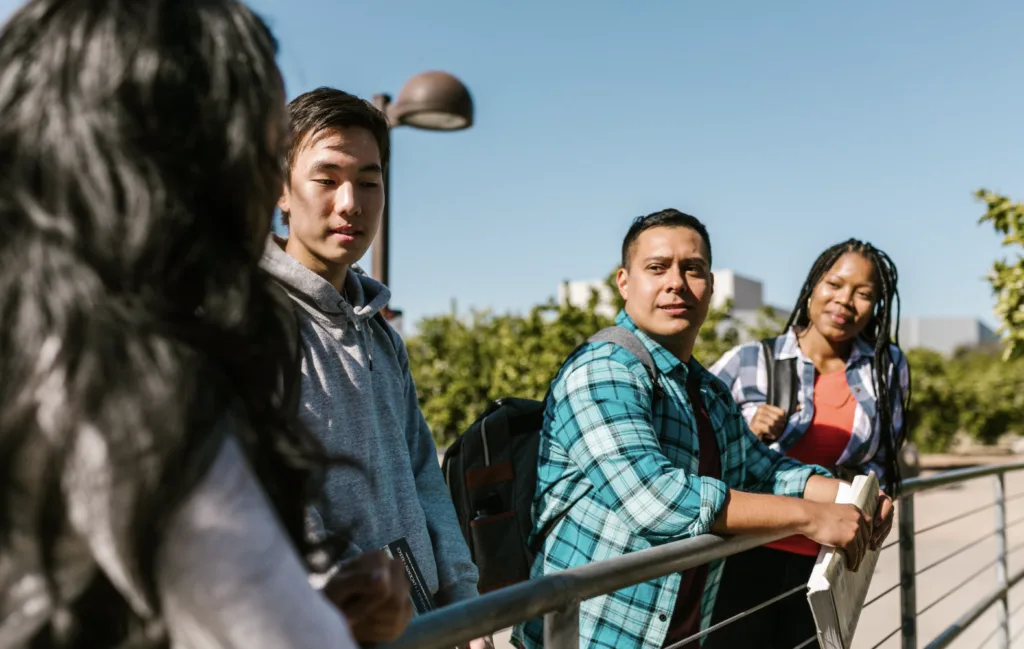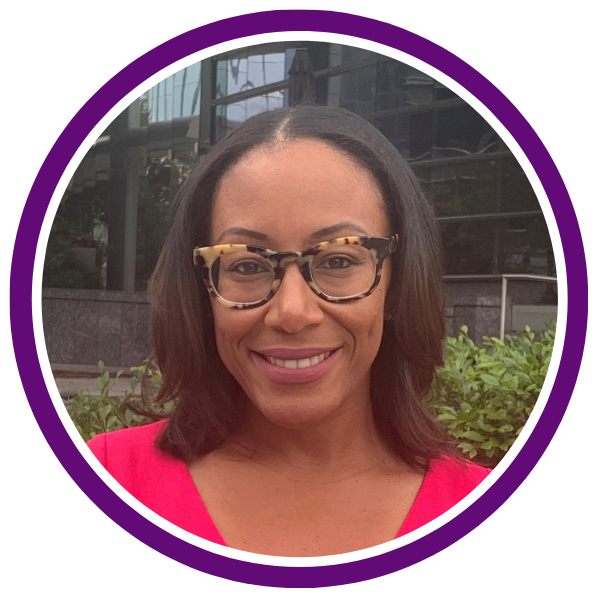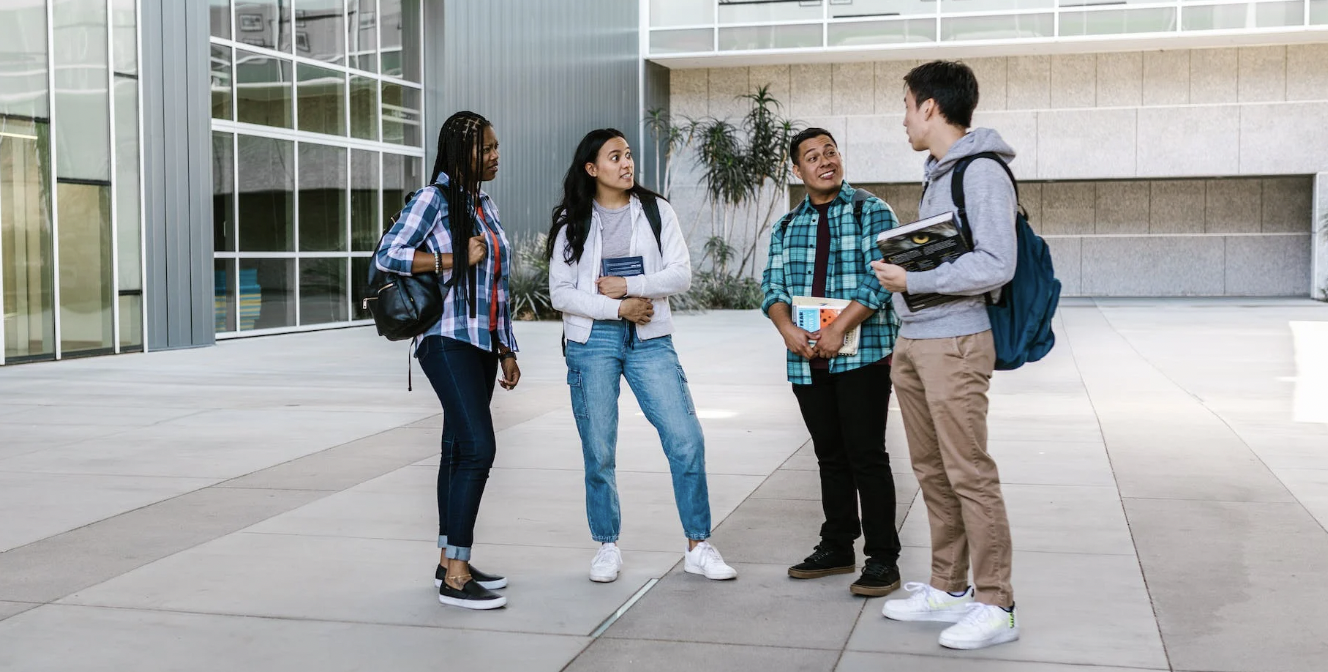It’s that time of year again! January 1 marked the beginning of the 21st annual National Mentoring Month. First launched in 2002 as a joint venture by MENTOR National and the Harvard T.H. School of Public Health, NMM was created to help amplify, encourage, and strengthen mentorship for young people. In the two decades since, it’s grown into an internationally-recognized celebration of mentoring for people across all walks of life and experience.
There’s no standardized approach dictating how to participate in National Mentoring Month. Many people are emboldened and encouraged during this month to shout-outs to their mentors on social media. For others, National Mentoring Month is the perfect opportunity to promote life-changing mentoring programs and mentorship opportunities that may otherwise fall under the radar during months when mentoring is not trending.
Regardless of how you choose to celebrate National Mentoring Month, January is a great time to capture the momentum considering what mentoring is, why it’s a valuable experience, and how you can get involved in fostering life-changing mentoring relationships.
What Is Mentoring?
Mentoring is an evidence-based learning strategy that pairs two or more individuals together in a learning relationship. Unlike a teacher-student dynamic, in a mentor-mentee relationship, the learner (mentee) plays a much larger role in dictating the direction of the learning engagement. During this engagement, the mentor, who typically has a distinct level of experience and domain authority in the focus area, lends guidance and support to help the mentee learn and grow.
Youth Mentoring Programs Produce Exceptional Benefits
Mentoring programs may be fully funded and fully staffed at the corporate level, but youth-based mentoring is a different story. Quite often, youth mentoring programs work with limited funding and rely heavily on volunteers. According to David Shapiro, the CEO of MENTOR National, youth mentoring impacts an estimated 4.5 million students and is a rapidly-growing field of interest.
Shapiro also notes that mentoring pays dividends for students, especially those from families with economic disadvantages. Students who have a mentor are more likely to:
- Stay in school
- Attend college
- Volunteer their time
- Hold positions of leadership in the workplace
- Become mentors themselves
However, one out of every three young people who want a mentor never get one. This reality impacts not only the fate of these students but society as well. Students who could otherwise become highly productive and successful leaders and innovators are set back due to a lack of informational and experiential access.
A key step to helping historically underrepresented and economically disadvantaged students gain more access to mentors is through college-based mentoring programs. Many of these young adults are first-generation college students. This is a population that has been shown to produce incredible personal and professional gains when paired with a mentor.
There’s a Serious Lack of College Preparedness and Support For First-Generation Students

First-generation college students are those whose parents did not complete a 4-year college or university degree, regardless of other family members’ levels of education. This classification of college students exists because it acknowledges the informational and experiential disadvantages that first-generation college students often face when researching, applying for, and navigating a 4-year college or university degree program.
These students often begin their college journey with the same support and preparedness that their continuing generation peers have, leading to lower success rates on a number of scales. According to a recent study by the ACT, only 56 percent of first-gen students had earned a degree or were still enrolled in a college six years after beginning their advanced education. Comparatively, 74 percent of students who had at least one parent with a bachelor’s degree were still enrolled within that same time frame.
First-gen students often attend college in a manner that puts them at a higher risk of not persisting or completing a degree. For example, full-time and residential students at four-year institutions have higher degree completion and persistence rates compared to part-time and commuter students respectively.
First-generation students are less likely to live on campus than their continuing-generation peers. Additionally, nearly half of all first-gen students enroll part-time at a rate 10 percentage points higher than their continuing-generation counterparts. This higher likelihood of non-academic risk factors for first-generation college students suggests lower engagement and continuance when completing a degree.
Mentoring Interventions Offer a High-Impact Solution for First-Gen College Students
The transition from high school to college for first-generation students can be abrupt and difficult. Available institutional resources, like mentoring, can help first-gen college students overcome these roadblocks and succeed.
First-gen students are more likely to be commuters and are more likely to work, leaving them less time for engagement within the college community. However, when they have the opportunity to build a community within their college program, they’re more likely to succeed. A key way to offer students the community they need is through mentorship — with both professional staff and peer mentors.
First-gen students experience a knowledge gap and may have a hard time knowing what they don’t know. Through mentorship, professionals who have been around the block before can shed light on what sorts of questions to ask. They can also equip first-gen students with useful tools and inspire younger first-gen students as vivid, relatable exemplars of success.
Only 41% of all students graduate within 4 years. For low-income, first-u students, these numbers are far more sobering. Only 11% of low-income, first-generation college students will have a college degree within six years of enrolling in school.
Mentorship can greatly increase a student’s chances of persisting to graduation. Graduating with their degree increases their earning potential and has downwind impacts on their family and community. According to the Bureau of Labor Statistics, Americans with a Bachelor’s degree earn around 50% more weekly than those with just a high school diploma. Those with a 4-year are also half as likely to be unemployed. Over the course of their lifetime, a 4-year degree creates a $1M difference in lifetime earnings between these two groups.
America Mentors Creates the Pathway and Structure for Mentoring
America Mentors is a growing 501c3 organization and the non-profit arm of MentorcliQ, dedicated to helping first-generation, low-income college students persist to college graduation through mentoring. With proper mentorship, we believe we can help increase the current graduation rate among this population.
Our organization is powered by MentorcliQ, the #1 rated, user-friendly enterprise mentoring software platform. MentorcliQ’s software facilitates the impactful mentoring programs we facilitate at colleges, universities, and community organizations at no cost to them.
America Mentors works with partners to help accelerate colleges’ and universities’ commitment to first-generation student access. America Mentors determines all aspects of our partners’ mentoring programs, including specific areas of focus, program milestones, communications, curriculum, and participant resources.
We follow a simple, yet highly-effective process: Launch, Match, Mentor, and Measure.
Our impact to date includes:
- Over 5,000 students matched
- Over 45,000 mentoring hours logged
- Over 20 higher education and community organization partners
Don’t let National Mentoring Month go by without taking action. Celebrate this month in two ways. First, use your platform to call out the great mentors around you, both those who have mentored you and those who you see successfully mentoring others. Secondly, make a commitment to filling the mentoring gap. Contact America Mentors to learn more about how you can help a new generation of young adults completely change the course of their and their families’ lives through mentoring.




